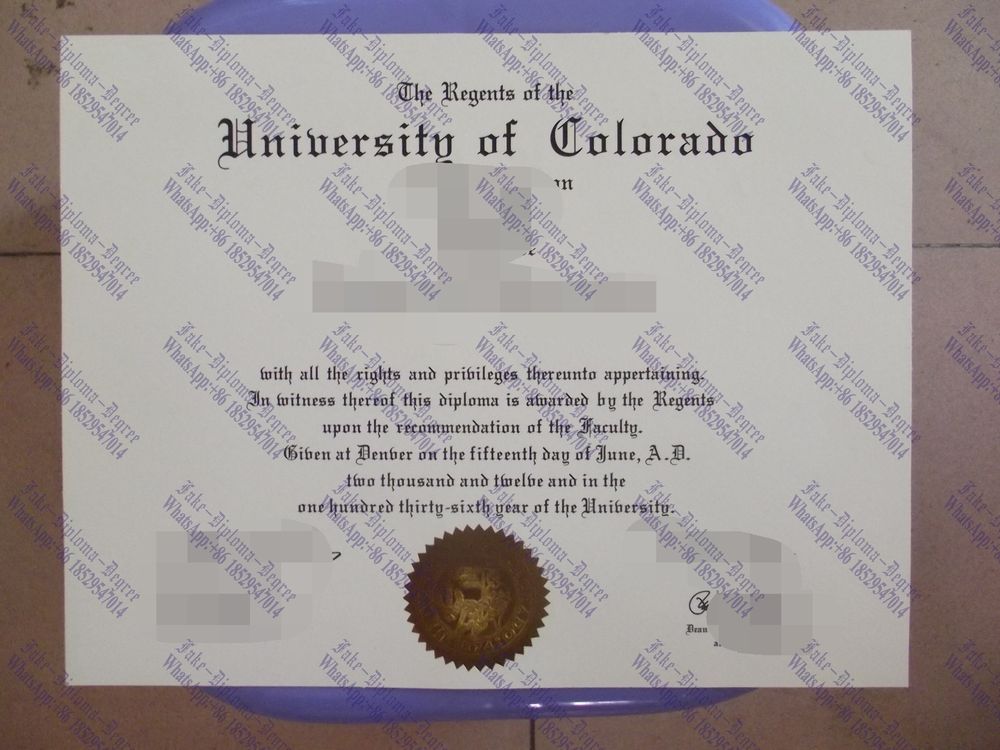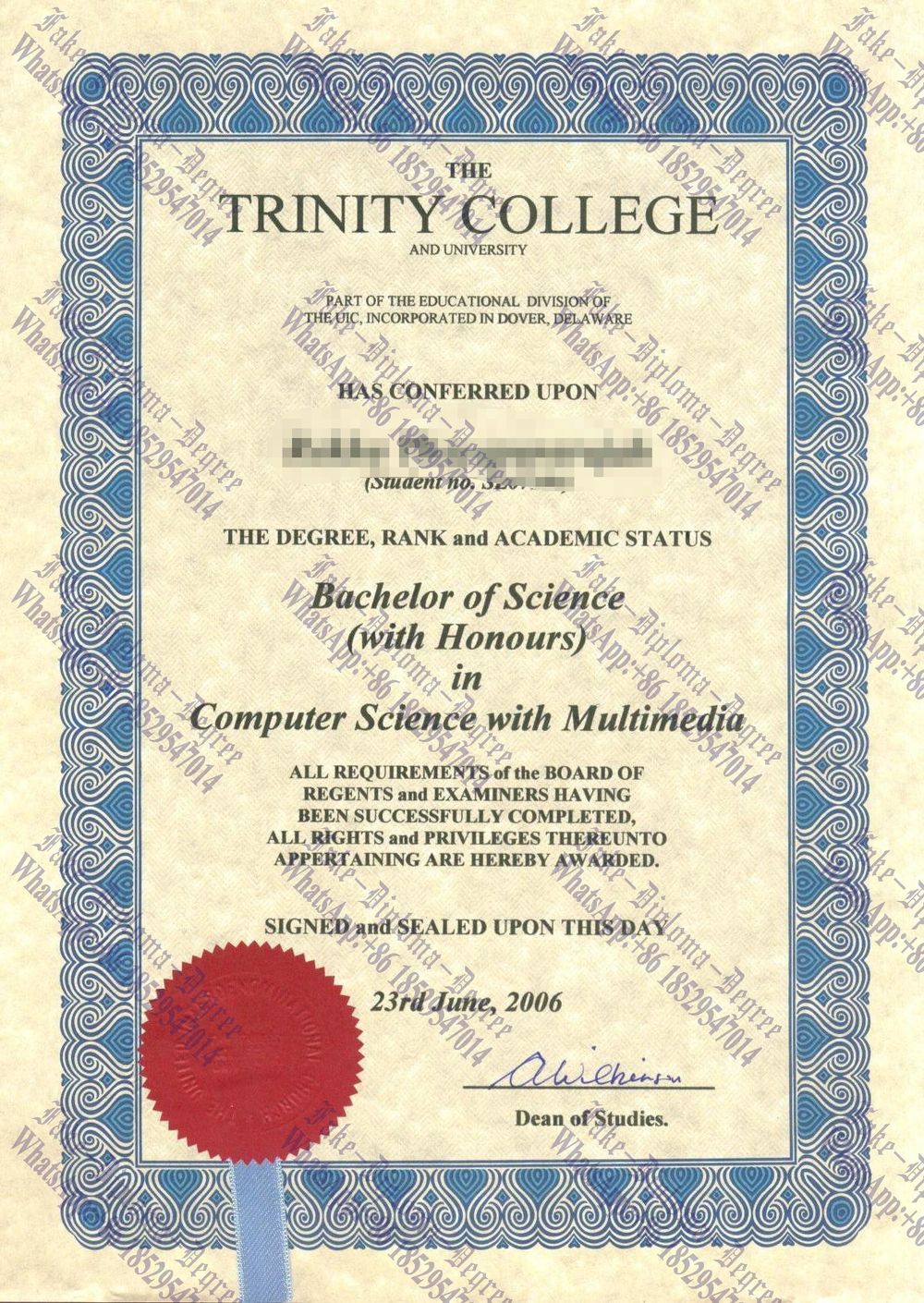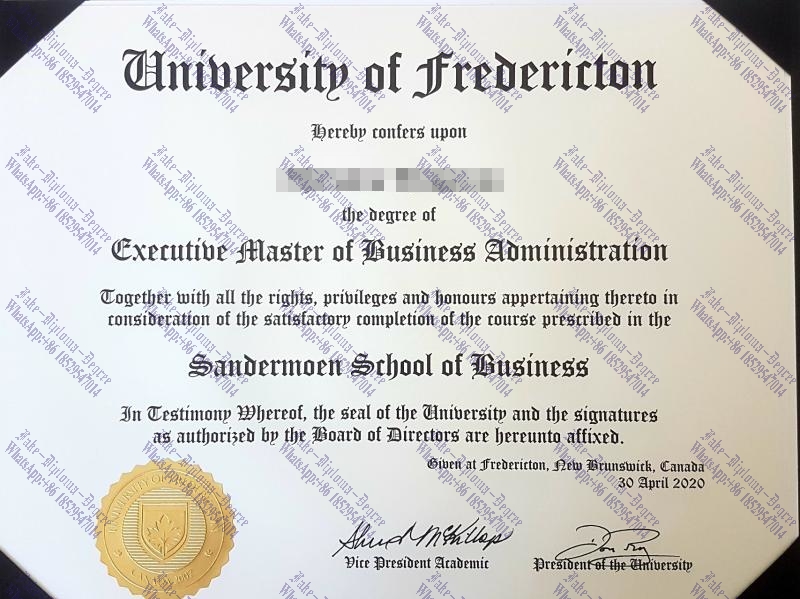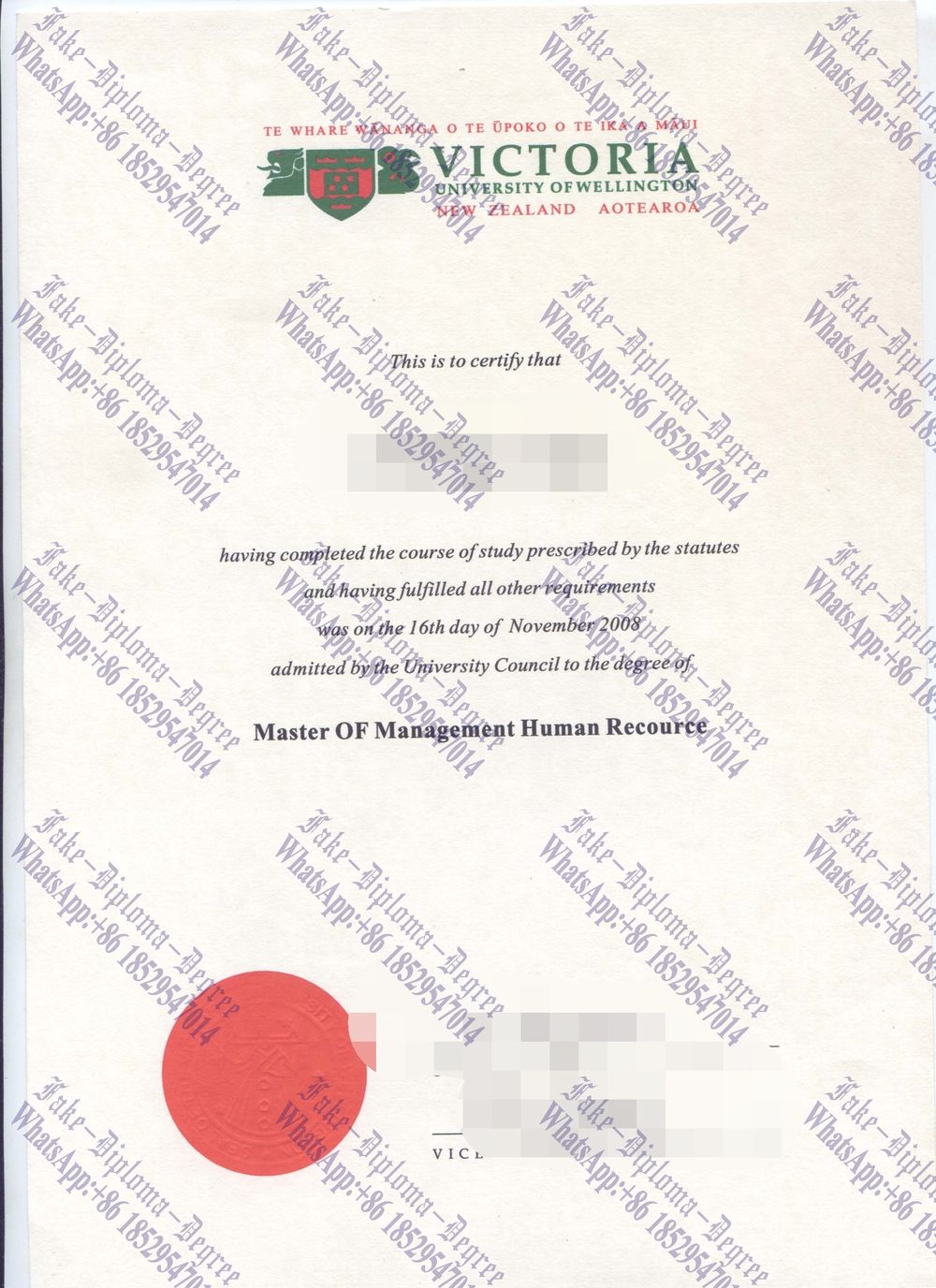Copy Fake University of Victoria Degree
The Rising Market for Counterfeit Degrees
With the increasing demand for educational qualifications in today's competitive job market, it is no surprise that the market for counterfeit degrees is on the rise. People are turning to fake diplomas and imitation certificates as an alternative means to showcase their qualifications.
Understanding the Appeal
Counterfeit degrees offer a quick and seemingly effective solution to individuals seeking to enhance their career prospects. They provide an illusion of credibility and can be obtained without the need for studying or meeting the actual educational requirements.
The Hidden Dangers
While the prospect of owning a fake diploma may seem tempting, there are significant risks involved. Many employers have become increasingly vigilant in verifying educational credentials, often resorting to rigorous background checks. This has led to severe consequences for individuals caught with counterfeit degrees – including termination of employment and damage to personal reputation.
Spotting a Fake Degree
It is crucial to be able to identify signs of a counterfeit degree to protect oneself from falling victim to scams. Here are some key indicators:
Poor Quality Printing
Fake diplomas often possess subpar printing quality, including blurred text, irregular font sizes, or improper alignment. These inconsistencies can be easily identified by carefully examining the document.
Missing or Incorrect Logos
Genuine university certificates usually display official logos and emblems that are unique to the institution. Counterfeit degrees often lack these logos or feature inaccurate versions, serving as red flags for detecting fakes.
Unrealistic Delivery Times
Scammers offering fake degrees frequently promise swift delivery within an unreasonably short period. Authentic degrees usually require years of study and cannot be obtained within a matter of days or weeks.
Avoiding Counterfeit Degree Scams
To protect yourself and your reputation, it is crucial to avoid engaging with counterfeit degree providers. Here are some measures to stay safe:
Research Accredited Institutions
Ensure that you only pursue educational degrees from respected institutions with proper accreditation. This guarantees the legitimacy of your qualifications and helps you avoid the risks associated with counterfeit degrees.
Verify Credentials
Always verify the authenticity of a degree by cross-referencing with the issuing institution. Contact the university directly and request confirmation of the individual's educational background.
Report Suspicious Activities
If you come across any websites or individuals offering fake degrees, report them to the proper authorities. By doing so, you can contribute to the prevention of counterfeit degree scams and protect others from falling into the same trap.
Frequently Asked Questions
1. Are counterfeit degrees illegal?
While the act of producing counterfeit degrees is illegal in many jurisdictions, the legality of owning or using them varies. It is essential to consult local laws and regulations to understand the specific ramifications in your area.
2. Can I get away with using a fake degree?
Using a fake degree is highly risky and can have severe consequences. Employers are becoming increasingly cautious and conduct thorough background checks to ensure the authenticity of educational qualifications. It is not worth jeopardizing your professional reputation and future prospects.
3. How can employers spot a counterfeit degree?
Employers utilize various methods to identify counterfeit degrees, including verification with issuing institutions, scrutinizing document quality, and examining the presence of official logos and emblems. Background checks and forensic analysis may also be employed to detect fraudulent documents.
In conclusion, the market for counterfeit degrees is growing, capitalizing on the increasing demand for educational qualifications. However, obtaining a fake diploma poses significant risks to one's professional reputation and future prospects. By staying vigilant and ensuring the authenticity of educational credentials, individuals can protect themselves from falling victim to counterfeit degree scams.










